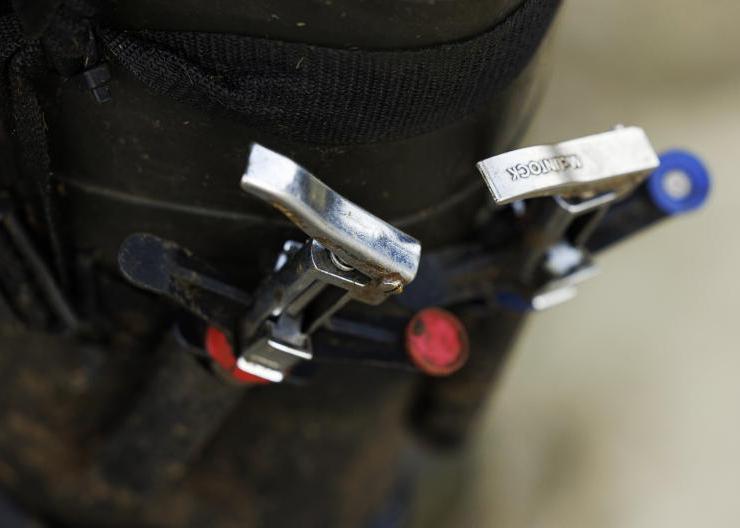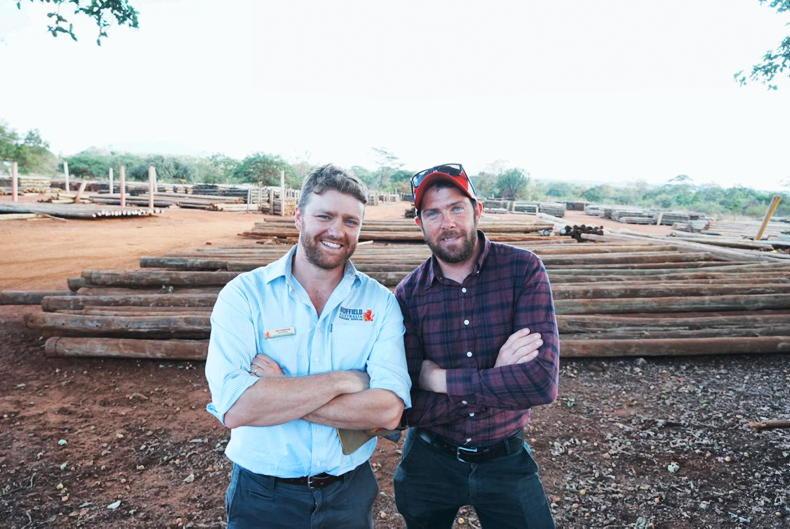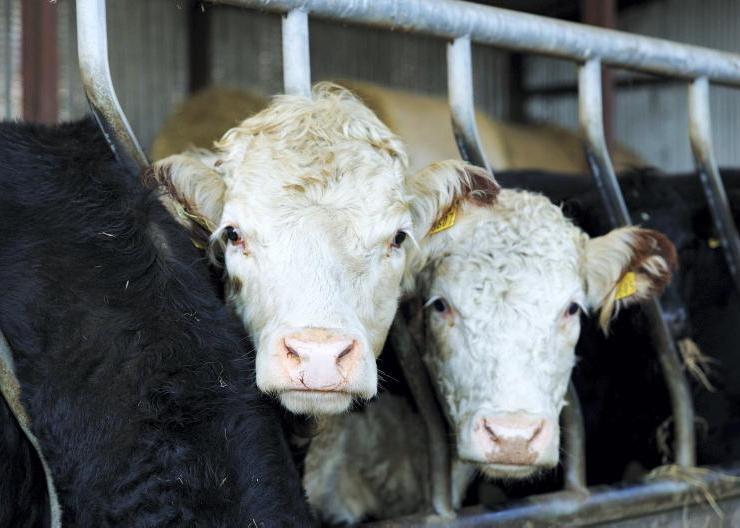Herds with multiple TB reactors could be unable to sell cows freely for three years after being deemed clear of the disease under new proposals from the Department of Agriculture.
It is also proposed that herds which suffer a TB relapse will be ineligible to draw down compensation for the retention or purchase of what are deemed “high-risk animals”.
In addition, high-risk herds would also be banned from “selling breeding stock on the open market until all infected cohorts are culled” under the proposals and that they would be “ineligible for reactor grants on cows” which are gone past their fifth lactation.
The Department defines a relapse herd as “herds with a breakdown with cohorts of previous reactor animals present at a previous breakdown”.
The controversial proposals were tabled on Wednesday at the TB forum and have drawn a furious reaction from farm organisations.
The Department has also proposed the “mandatory disclosure” of TB herd risk category at the point of sale for all sales and for farmers to be encouraged to buy “cattle of an equivalent or superior TB herd categorisation status to that of their herds”.
Residual infection
The measures proposed by the Department to target residual infection in herds include mandatory gamma interferon testing (blood testing) for large breakdowns in breeding herds where 5% of a herd’s cows – or 10 cows in larger units – test positive for TB.

It also proposed that high-risk breakdowns would require “two clear tests at least six months apart and a mandatory risk mitigation plan, including a purchasing-in policy”.
A review of the effectiveness of the current wildlife policy, encouraging the use of high TB-resistance bulls and incorporating TB resistance into the compensation scheme and the removal of EBI compensation were also tabled on Wednesday.
Non-high risk
For animals that are not deemed to be high risk, the Department has proposed removing the 30-day post-movement test option and facilitating the movement of unweaned dairy calves from restricted to clear calf-to-beef herds.
It also suggested facilitating the sale of TB test negative cull cows from TB restricted herds through “special cull cow sales in marts”. These sales would be limited to buyers operating controlled finishing units.
The Department has said that herds that are clear of TB for less than three years or dealer herds are deemed to be higher risk of contracting TB, herds that are clear for four to six years are a medium risk and herds that are clear for seven or more years are deemed to be a lower risk.
Reaction
Irish Creamery Milk Suppliers’ Association (ICMSA) deputy president Eamon Carroll has said that the association “had no intention” of asking farmers to accept very significant portions of the proposed TB measures presented at the meeting.

The fact that would jump out from any reasonable reading of the new proposals was that the whole burden of the surging TB crisis, financial and regulatory, was to be placed on the farmers with little or no obligations being asked of any other element to the problem, he said.
Carroll said that thousands of farmers were already suffering severe financial distress due to TB and while some factors were within farmers’ control, very many were simply not.
“Basically, the new approach seems to involve imposing a load of new rules on the farmers – and let’s be specific, dairy farmers - while allowing everyone else, including the Department itself, to carry on doing just what they have been doing. This is going to give us the same results – or lack of them – that has us where we are right now,” he said.
Read more
New plan to restrict cow sales to stall TB
Almost 30% of beef kill comes from feedlots
New Zealand trials bulk tank TB test with Enfer
Herds with multiple TB reactors could be unable to sell cows freely for three years after being deemed clear of the disease under new proposals from the Department of Agriculture.
It is also proposed that herds which suffer a TB relapse will be ineligible to draw down compensation for the retention or purchase of what are deemed “high-risk animals”.
In addition, high-risk herds would also be banned from “selling breeding stock on the open market until all infected cohorts are culled” under the proposals and that they would be “ineligible for reactor grants on cows” which are gone past their fifth lactation.
The Department defines a relapse herd as “herds with a breakdown with cohorts of previous reactor animals present at a previous breakdown”.
The controversial proposals were tabled on Wednesday at the TB forum and have drawn a furious reaction from farm organisations.
The Department has also proposed the “mandatory disclosure” of TB herd risk category at the point of sale for all sales and for farmers to be encouraged to buy “cattle of an equivalent or superior TB herd categorisation status to that of their herds”.
Residual infection
The measures proposed by the Department to target residual infection in herds include mandatory gamma interferon testing (blood testing) for large breakdowns in breeding herds where 5% of a herd’s cows – or 10 cows in larger units – test positive for TB.

It also proposed that high-risk breakdowns would require “two clear tests at least six months apart and a mandatory risk mitigation plan, including a purchasing-in policy”.
A review of the effectiveness of the current wildlife policy, encouraging the use of high TB-resistance bulls and incorporating TB resistance into the compensation scheme and the removal of EBI compensation were also tabled on Wednesday.
Non-high risk
For animals that are not deemed to be high risk, the Department has proposed removing the 30-day post-movement test option and facilitating the movement of unweaned dairy calves from restricted to clear calf-to-beef herds.
It also suggested facilitating the sale of TB test negative cull cows from TB restricted herds through “special cull cow sales in marts”. These sales would be limited to buyers operating controlled finishing units.
The Department has said that herds that are clear of TB for less than three years or dealer herds are deemed to be higher risk of contracting TB, herds that are clear for four to six years are a medium risk and herds that are clear for seven or more years are deemed to be a lower risk.
Reaction
Irish Creamery Milk Suppliers’ Association (ICMSA) deputy president Eamon Carroll has said that the association “had no intention” of asking farmers to accept very significant portions of the proposed TB measures presented at the meeting.

The fact that would jump out from any reasonable reading of the new proposals was that the whole burden of the surging TB crisis, financial and regulatory, was to be placed on the farmers with little or no obligations being asked of any other element to the problem, he said.
Carroll said that thousands of farmers were already suffering severe financial distress due to TB and while some factors were within farmers’ control, very many were simply not.
“Basically, the new approach seems to involve imposing a load of new rules on the farmers – and let’s be specific, dairy farmers - while allowing everyone else, including the Department itself, to carry on doing just what they have been doing. This is going to give us the same results – or lack of them – that has us where we are right now,” he said.
Read more
New plan to restrict cow sales to stall TB
Almost 30% of beef kill comes from feedlots
New Zealand trials bulk tank TB test with Enfer












SHARING OPTIONS